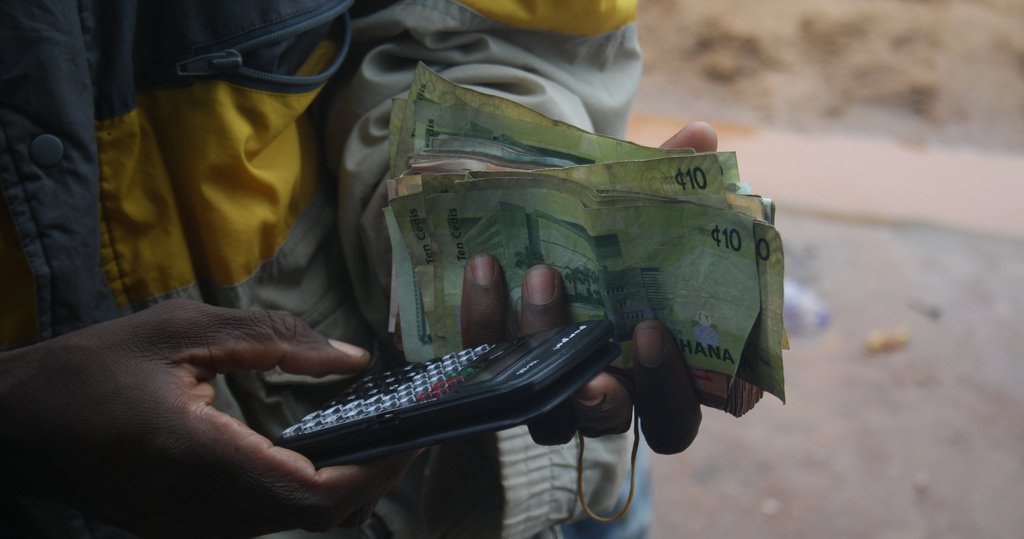🍔 Quick Bite: Kenya’s High Court just gave fintechs a “get out of VAT free” card, ruling that payment startups are basically banks when it comes to tax breaks. It’s a sweet deal for Kenyan fintechs, but not everyone on the continent is playing nice.
🧠 The Breakdown
Last week, a Kenyan tribunal handed fintechs a major win. In a case brought by payments startup Pesapal, Justice Rhoda Rutto ruled that licensed digital payment providers are functionally equivalent to banks and therefore entitled to the same VAT exemptions. The court overturned an earlier tribunal order and cleared Pesapal of a KSh76.8 million ($526,000) VAT bill. By treating the function of digital money movers, rather than their technology, as the basis for tax relief, Kenya has now exempted fintechs from VAT on core payment services.
The decision establishes a precedent: function matters more than technology when determining tax treatment. Licensed fintechs in Kenya now enjoy the same VAT exemptions as traditional banks on their core payment services.
The great tax divide
Across Africa, governments are taking different approaches to fintech taxation. The result is a patchwork that directly affects adoption rates, investor confidence, and expansion plans.
Nigeria has leaned on transaction levies and aggressive VAT enforcement (feeding way fatter than the farmers it assured of wealth during its election campaign). The Federal Government of Nigeria introduced a ₦50 levy on electronic money transfers exceeding ₦10,000, effective September 9, 2024. This Electronic Money Transfer Levy (EMTL) now applies to fintech operators like PalmPay and Opay. Nigeria has netted ₦84.97 billion in six months, after extending transfer levy to fintechs, but the impact on user behaviour has also been felt. There have been instances where people deliberately kept transfers just below ₦10,000 to dodge the tax. The country’s taxman also recently launched a real-time transaction monitoring portal to improve the oversight of tax collection.
Ghana followed a similar path with its e-levy on mobile money electronic transfers. Initially set at 1.5%, the rate was reduced to 1% in 2023. While small transfers and merchant payments remain exempt, mobile money volumes dropped significantly after rollout. Ghanaian regulators reported a GHS10 billion slump in mobile money turnover soon after the levy’s introduction.
Tanzania initially imposed steep mobile money taxes in 2021, adding up to 2% on transfers alongside existing VAT and excise duties. The backlash was swift and fierce. By late 2022, most of these taxes had been dismantled, leaving only standard VAT on service fees.
Rwanda moved in the opposite direction entirely. In April 2025, Kigali’s finance ministry issued new orders explicitly exempting banking and digital payment activities from VAT. Interest income, credit and remittance commissions, mobile banking fees, and forex gains are now VAT-free. Rwanda is betting that treating fintech like traditional financial services will boost innovation and deepen financial inclusion.
South Africa occupies the middle ground. The VAT act technically exempts “financial services”, but SARS guidance clarifies that fee-based services like transaction commissions and airtime transfers don’t qualify. In practice, South African banks must charge 15% VAT on most transfer commissions, and fintechs face similar treatment. No special exemptions exist for startups. Instead, South Africa focuses on expanding VAT coverage to digital services generally, recently bringing foreign streaming and software platforms into the tax net.
A cross-border challenge?
This regulatory patchwork also creates headaches for fintechs expanding across Africa. A startup can enjoy VAT exemptions in Nairobi or Kigali but faces additional charges in Lagos or Accra. These differences could force difficult decisions: should companies split their products by market or absorb tax costs domestically, potentially damaging profitability?
The GSMA has cautioned that transaction taxes can affect the use of mobile money services. Their research found that Uganda’s mobile money tax triggered a 24% collapse in transaction values, demonstrating the real-world consequences of punitive taxation.
Kenya’s fintech-friendly ruling might signal a turning point, but the continental trend remains mixed. Some governments race to treat digital payments as core financial services, offering tax breaks to encourage adoption. Others view every electronic transaction as a fresh revenue opportunity.
The East African country has now drawn a line in the sand, and its ruling adds a new voice to the wider debate on how digital finance should be taxed. Other countries may choose to follow the same path, or they may double down on transaction levies and VAT charges.
Regardless of which way the pendulum swings, it will continue to have a significant impact on the African fintech business model.
📈 Trending Stories
Here are other important stories in the media:
- Providus Bank gets approval to absorb ailing Unity Bank
- MTN may rekindle talks to buy Telkom
- Bank of Ghana suspends Flutterwave, Cellulant and six others over breaches
Jobs, opportunities, and more
We carefully curate open opportunities in Product & Design, Data & Engineering, and Admin & Growth every week.
Product & Design
- Moniepoint — Product Design Lead, Remote
- Cordros — Product Manager, Lagos
- Paystack — Product Marketer, Lagos
Data & Engineering
- Mama Money — Senior QA Engineer, Remote
- Buffer — Senior Product Engineer, Remote
- Gamma Mobility — Senior Backend Engineer, Lagos
Admin & Growth
- Chipper Cash — Customer Operations, Social Media, Nigeria
- Eden Life — Marketing Specialist, Nigeria
- Carbon — Video Content Creator, Hybrid
Get passive updates on African tech & startups
View and choose the stories to interact with on our WhatsApp Channel
Explore




